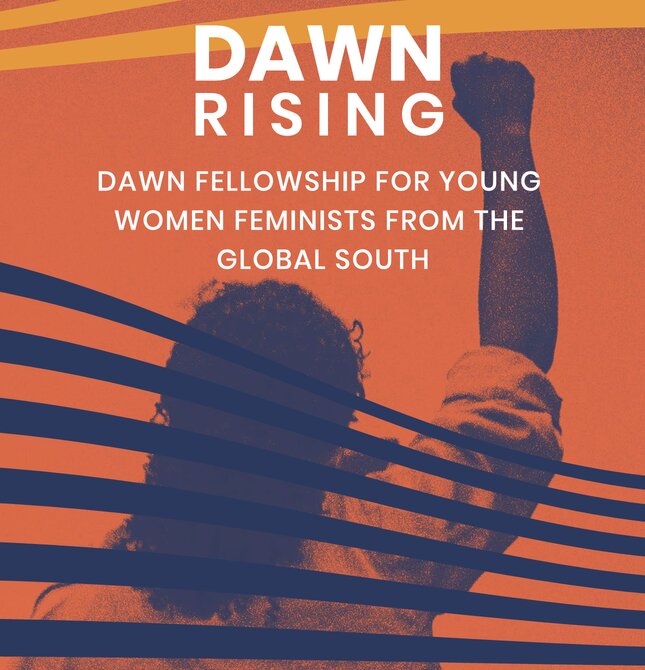The Coalition for Disaster Resilient Infrastructure (CDRI) is excited to launch the CDRI Fellowship Programme, designed to empower innovative research and solutions that address the critical challenges of disaster and climate-resilient infrastructure. This prestigious Fellowship supports a global network of future-ready professionals, providing them with the financial resources, mentorship, and peer learning opportunities necessary to shape the resilient infrastructure systems of tomorrow.
Fellowship Details:
Grant Amount: US$ 15,000 + Additional funding of US$ 5,000*
Duration: 12 months + 6 months for selected teams
Eligibility: Open to citizens of CDRI Member Countries, including students, researchers, academicians, and practitioners from government agencies, NGOs, private sector, and civil society organizations.
*Up to four teams may receive additional funding based on project performance, expert recommendations, and internal review.
Why Apply?
The CDRI Fellowship aims to cultivate transformative, scalable solutions that address real-world issues in disaster resilience of infrastructure. As climate-related disasters such as wildfires, coastal flooding, and extreme heat become increasingly common, it is more critical than ever to develop robust and innovative infrastructure that can withstand these challenges.
Fellows will gain access to:
Financial support for research and project development.
Peer learning and knowledge exchange with global experts.
Capacity building opportunities to enhance technical and leadership skills.
Themes for Proposals:
Proposals are invited under the following themes, all of which focus on creating resilient infrastructure:
Wildfires:
Increasing in frequency and intensity, wildfires threaten vital infrastructure such as power grids, water systems, and transportation networks. Proposals should address mitigation, resilience-building, and recovery strategies in wildfire-prone regions.
Coastal Resilience:
Coastal communities face rising sea levels, extreme weather events, and marine geohazards. Projects may focus on protecting urban and rural areas, particularly small islands and coastal cities, through resilient infrastructure solutions.
Extreme Heat:
Global warming is leading to more frequent and intense heatwaves, affecting public health and infrastructure. Proposals should focus on enhancing resilience in critical infrastructure, such as energy grids, and developing innovative solutions like cooling technologies and heat-risk assessments.
Other Themes:
Applicants may also propose other relevant themes related to disaster resilience of infrastructure. Feedback on project abstracts can be requested before submitting an application, with only a limited number of additional themes considered.
Approaches to Consider:
Fellows may adopt various approaches to tackle their chosen themes, including:
Use of technology and data for risk assessment, modeling, and real-time monitoring.
Development of fire-resistant and sea-water corrosion-resistant materials.
Infrastructure governance solutions, focusing on policy, legislation, and capacity building.
Nature-based Infrastructure Solutions (NbIS).
Early warning systems for disaster preparedness.
Embedding resilience in critical infrastructure like ports, energy grids, and social infrastructure such as schools and hospitals.
Selection Process:
The selection process is rigorous and includes a multi-tiered evaluation with double-blind peer reviews. A final decision will be made by the Fellowship’s International Jury, ensuring the highest standards of excellence.





